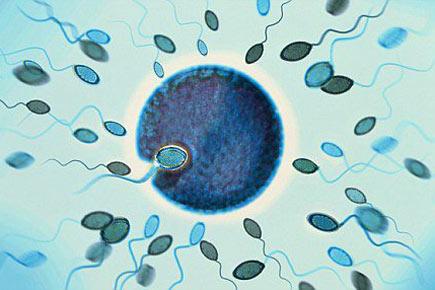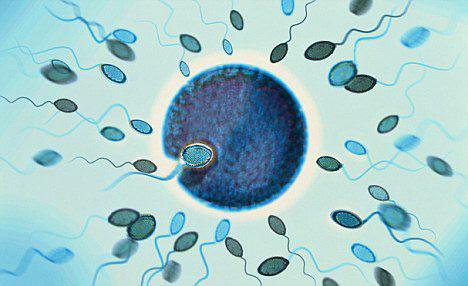Your dad did not just pass his qualities via genes in you. He may have actually passed some stress too! A research reveals that stress alters the expression of small RNAs in sperms and leads to depressive behaviours in later generations

London: Your dad did not just pass his qualities via genes in you. He may have actually passed some stress too!
A research reveals that stress alters the expression of small RNAs in sperms and leads to depressive behaviours in later generations.
ADVERTISEMENT

Representational picture
In lab research, scientists found that stress in early life altered the production of small RNAs, called microRNAs, in the sperm of mice.
The mice showed depressive behaviours that persisted in their progeny which also show glitches in metabolism.
“Dad is having a much larger role than just delivering his genome,” said Isabelle Mansuy, a neuroscientist at University of Zurich, Switzerland.
Mansuy and her colleagues periodically separated mother mice from their young pups and exposed the mothers to stressful situations - either by placing them in cold water or physically restraining them.
These separations occurred every day but at erratic times, so that the mothers could not comfort their pups with extra cuddling before separation.
When raised this way, male offspring showed depressive behaviours and tended to underestimate risk, the study found.
Their sperm also showed abnormally high expression of five microRNAs.
One of these, miR-375, has been linked to stress and regulation of metabolism.
Mansuy and her team are now looking into whether similar microRNA biomarkers occur in people exposed to traumatic events - or in their children.
“If some are altered persistently in blood, then they could be used as markers for susceptibility to stress or for developing psychiatric disorders,” she noted in the study published in the journal Nature Neuroscience.
 Subscribe today by clicking the link and stay updated with the latest news!" Click here!
Subscribe today by clicking the link and stay updated with the latest news!" Click here!







